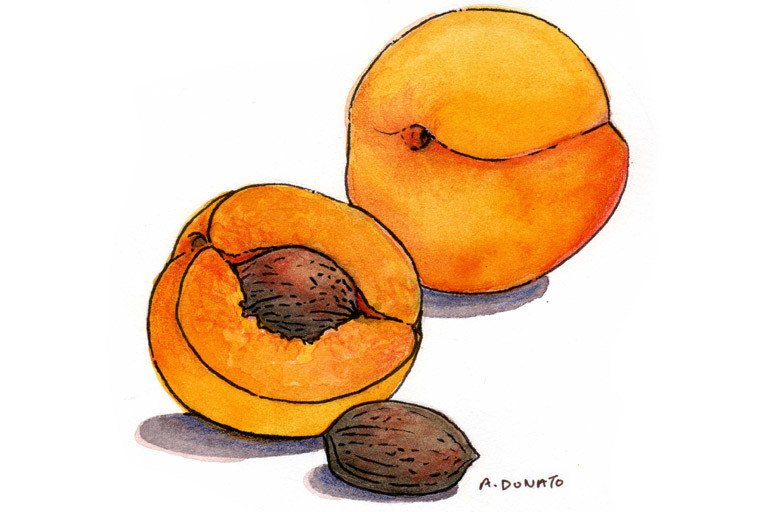Common Names
- Apricot pits
- Vitamin B17
- Mandelonitrile-beta-glucuronide (semi-synthetic)
- Mandelonitrile beta-D-gentiobioside (natural product)
- Laevorotatory and mandelonitrile
- Prunasin
How It Works
Amygdalin (Laetrile) has not been shown to treat or prevent cancer. It is associated with serious adverse effects.
Amygdalin (also called Laetrile®) is an extract derived from apricot pits and other plants. It can be broken down by enzymes in the intestine to produce cyanide, a known poison. It was first used in Europe and later in the United States as an alternative cancer therapy. Promoters claimed that the cyanide released from amygdalin selectively killed cancer cells, leaving normal tissue cells unharmed. When fed to laboratory animals that had cancer cells implanted in them, amygdalin did not reduce the tumor size or slow their growth. In a clinical study, cancer patients using amygdalin did not have any benefits, but some showed cyanide toxicity.
There is renewed interest in studying amygdalin after the discovery of new anticancer mechanisms. However, cancer patients should not use this product in the current form until more is known about its safety and effectiveness.









/493511459-56ec98eb3df78ce5f8357672.jpg)
